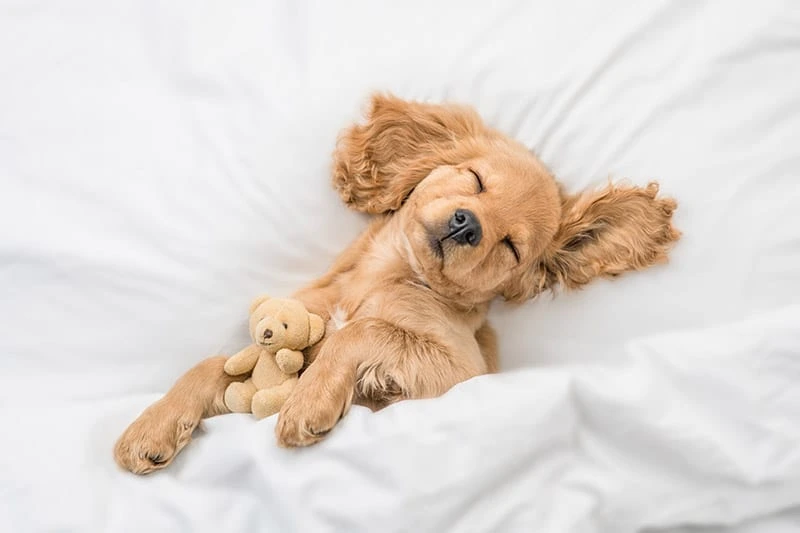Yes, dogs can pee in their sleep, a condition often referred to as "sleep incontinence." This behavior can be surprising and concerning for pet owners. It’s important to understand the potential causes and how to manage this issue if it occurs.
Understanding Sleep Incontinence in Dogs
Sleep incontinence in dogs can manifest as involuntary urination while the dog is asleep. It can happen to dogs of any age, but it is more common in certain situations:
-
Puppies: Young puppies may have less control over their bladders due to their developing muscles and nervous system. It’s not uncommon for them to have accidents during sleep.
-
Older Dogs: Senior dogs may experience urinary incontinence as a result of weakened bladder muscles, hormonal changes, or medical conditions such as arthritis or cognitive dysfunction.
-
Medical Conditions: Various health issues can lead to incontinence in dogs, including:
- Urinary Tract Infections (UTIs): Infections can irritate the bladder, leading to increased urination.
- Kidney Disease: Kidney issues can affect urine production and concentration.
- Hormonal Imbalances: Conditions like diabetes or Cushing's disease can lead to increased urination.
- Neurological Disorders: Conditions affecting the nervous system may impair bladder control.
-
Medications: Some medications may lead to increased urination as a side effect.
Signs Your Dog May Be Peeing in Their Sleep
Look for the following signs if you suspect your dog is urinating while asleep:
- Wet bedding or sleeping area
- A strong odor of urine in the home
- Dampness on the dog's fur, particularly around the hindquarters
- Changes in drinking and urination habits (increased frequency or volume)
What to Do If Your Dog Is Peeing in Their Sleep
-
Consult Your Veterinarian: If your dog is experiencing sleep incontinence, it’s crucial to consult a veterinarian. They can perform a thorough examination, run necessary tests, and help determine the underlying cause. Early diagnosis can often lead to better outcomes.
-
Manage the Environment:
- Use waterproof bedding or pads to protect your dog’s sleeping area.
- Keep your dog’s sleeping area clean and dry to prevent skin irritations and infections.
-
Routine Bathroom Breaks:
- Ensure your dog has ample opportunities to relieve themselves before bedtime. Establish a consistent routine that includes bathroom breaks close to bedtime.
-
Medication:
- If your veterinarian determines that a medical condition is causing the incontinence, they may prescribe medication to help manage the issue.
-
Diet and Hydration:
- Monitor your dog's water intake and dietary habits. Reducing water intake during the evening may help decrease nighttime urination, but ensure your dog remains hydrated during the day.
-
Behavioral Training:
- For puppies, training them to go outside to relieve themselves regularly can help them learn bladder control.
Conclusion
While it can be concerning for pet owners to find that their dog is peeing in their sleep, it is a condition that can often be managed with the right approach and veterinary support. By consulting a veterinarian and making necessary adjustments, you can help your dog regain control and ensure their comfort.


